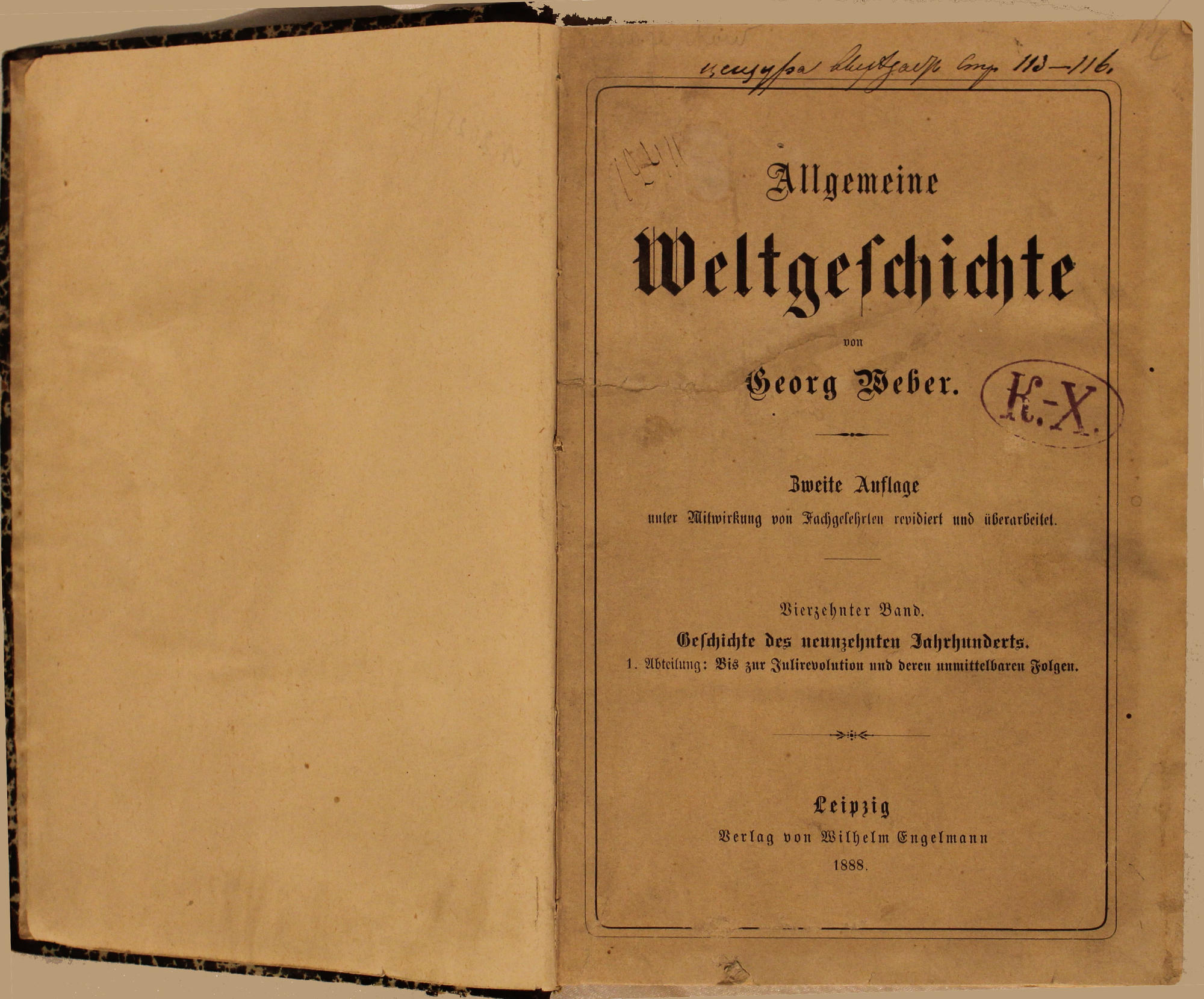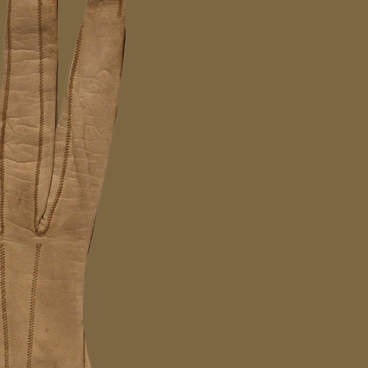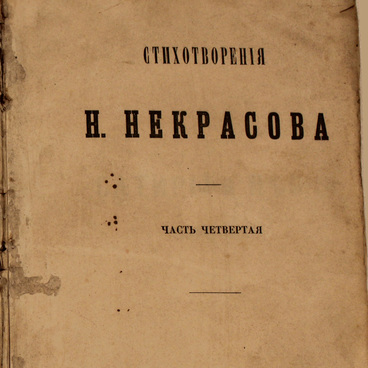‘General History’ is a fundamental work of Georg Weber, a well-known German historian and philologer. The author covered the period of the history of the humankind from the earliest times until the 19th century (inclusive). Weber attempted to present the holistic picture of the humankind development — he believed that ‘General History’ should be ‘true, straight and unflattering review of all the human deeds and intents in their true colours’.
The volumes were created in 1857–1880 and became very popular — the 2nd edition followed immediately after the 1st one. Nikolay Gavrilovich Chernyshevsky chose this book for translating, and informed his old friend Alexander Vasilyevich Zakharyin about it in October 1884. In his letter, Chernyshevsky also wrote that in his opinion the publication of this book in Russian would be of great success.
In November 1884, Chernyshevsky finally received the long awaited permission for literature activity. He was allowed to work subject to two conditions: all the materials had to undergo preliminary censorship and should be published under a pseudonym.
Mikhail Chernyshevsky wrote to his father: ‘If you still have the same opinion about Weber… dear Dad, I will send this book to you’. Chernyshevsky received the first volume of the original on March 7, 1885, and immediately started the translation work. At the end of the same year, he stated translating the second volume. He wrote about it to Ivan Ilyich Baryshev: ‘I would like to present the continuation of this publication in the form that would catch fancy with the Russian audience and assure the success of Russian edition’.
Thanks to active promotion by Zakharyin, newspapers and journals published articles by N.G. Chernyshevsky. The poem ‘Anthem to the Sky Virgin’ was published by Russkaya Mysl under the surname Andreyev. Chernyshevsky decided he would use the same surname to sign the translation of Weber’s work.
N.G. Chernyshevsky jealously protected the text of his translation from any interference. In February of 1884, he wrote to the publishers of Russian version: “I do not allow any amendments to my manuscripts, except for pure corrections of obvious lapses”.
When the writer still saw such amendments to his translations of the second and further volumes, he claimed to Ivan Ilyich Baryshev in December of 1888: “The author like me does not need in amendments to what he writes” and requested to change the proof-reader.
The volumes were created in 1857–1880 and became very popular — the 2nd edition followed immediately after the 1st one. Nikolay Gavrilovich Chernyshevsky chose this book for translating, and informed his old friend Alexander Vasilyevich Zakharyin about it in October 1884. In his letter, Chernyshevsky also wrote that in his opinion the publication of this book in Russian would be of great success.
In November 1884, Chernyshevsky finally received the long awaited permission for literature activity. He was allowed to work subject to two conditions: all the materials had to undergo preliminary censorship and should be published under a pseudonym.
Mikhail Chernyshevsky wrote to his father: ‘If you still have the same opinion about Weber… dear Dad, I will send this book to you’. Chernyshevsky received the first volume of the original on March 7, 1885, and immediately started the translation work. At the end of the same year, he stated translating the second volume. He wrote about it to Ivan Ilyich Baryshev: ‘I would like to present the continuation of this publication in the form that would catch fancy with the Russian audience and assure the success of Russian edition’.
Thanks to active promotion by Zakharyin, newspapers and journals published articles by N.G. Chernyshevsky. The poem ‘Anthem to the Sky Virgin’ was published by Russkaya Mysl under the surname Andreyev. Chernyshevsky decided he would use the same surname to sign the translation of Weber’s work.
N.G. Chernyshevsky jealously protected the text of his translation from any interference. In February of 1884, he wrote to the publishers of Russian version: “I do not allow any amendments to my manuscripts, except for pure corrections of obvious lapses”.
When the writer still saw such amendments to his translations of the second and further volumes, he claimed to Ivan Ilyich Baryshev in December of 1888: “The author like me does not need in amendments to what he writes” and requested to change the proof-reader.



